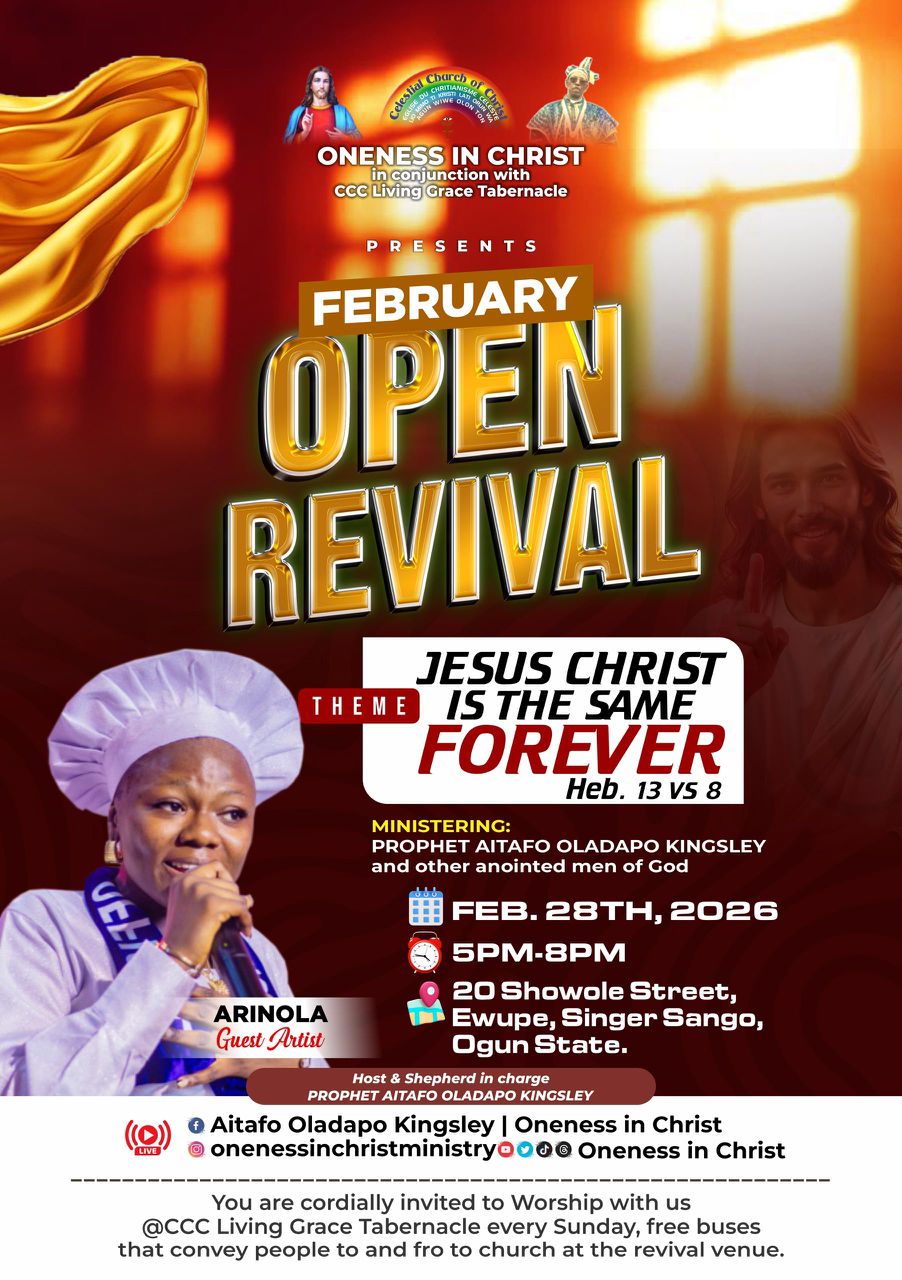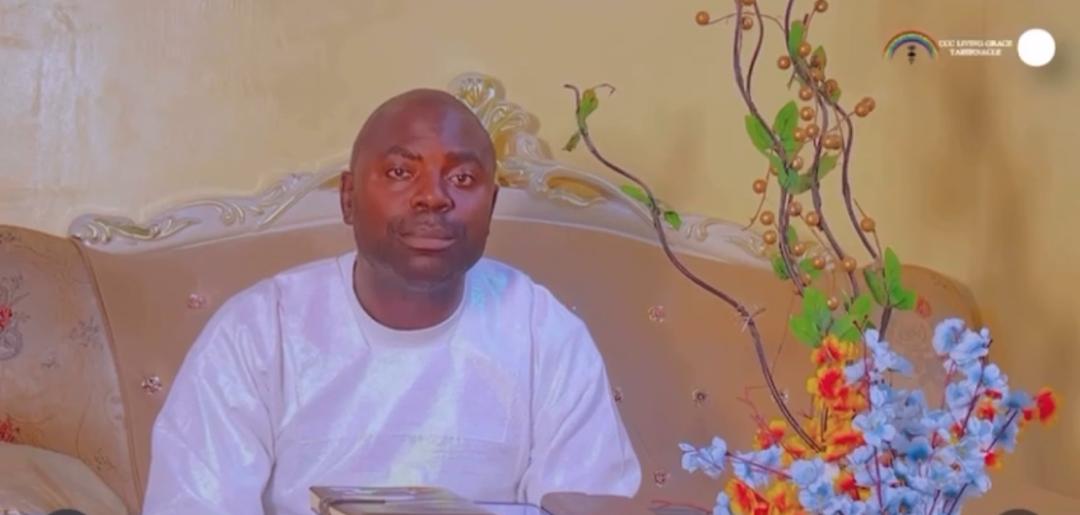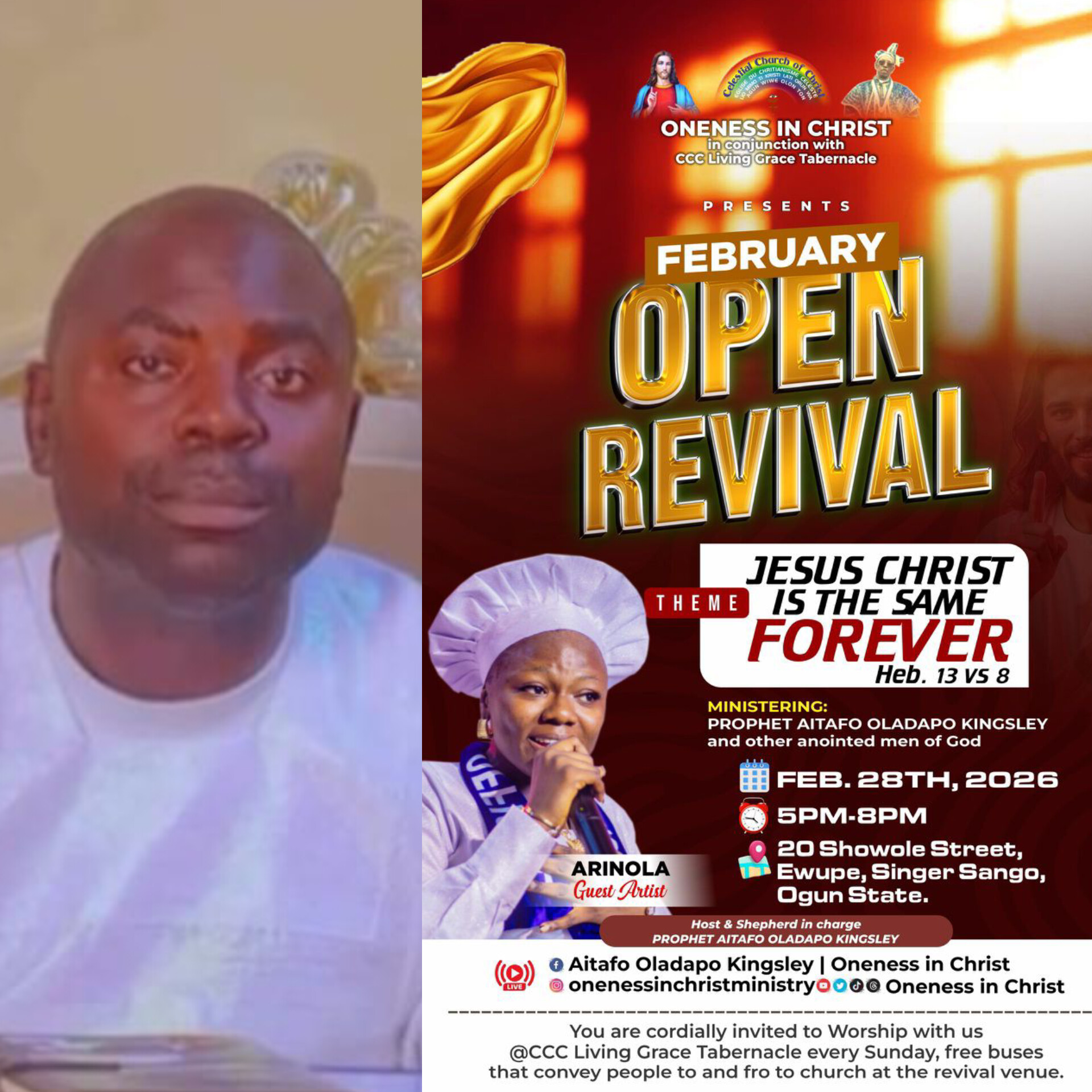news
Sell 9 Presidential Aircrafts- Buhari Orders + Inside Nigeria’s N60.53 presidential fleet

President Buhari has frowned on the N60.53 billion splashed on acquisition of presidential fleet.
There are reports that President Buhari has directed that nine of the VIP transport aircraft under the presidential fleet should be sold as part of the federal government’s cost measures.
Industry sources said that the presidential fleet, which are registered as Nigerian Air Force aircraft, is one of the largest in Africa and the third largest in Nigeria after Arik Air and Aerocontractors.
According to a report by ThisDay, an aviation source, who is aware of the directive to sell the aircraft, said the presidency has a number of serviceable and unserviceable aircraft that need to be disposed of in order to reduce the amount spent by the federal government for aircraft maintenance annually.
“Nine, which still have market value, are to be sold immediately to reduce maintenance costs,” he said.
For years, the federal government has spent over N12 billion annually for the maintenance of the presidential fleet.
Although information on the exact size of the fleet is treated as classified information, the fleet, according to aviation sources, is believed to comprise about 16 aircraft, chief of which is the Boeing 738 BBJ, NAF 001 or Eagle One, used by the president for his travels.
With its luxury configuration comprising a master bedroom, washrooms and showers, a conference and dining area, and a living area, the plane seats 25 to 50 passengers and would cost at least $100 million to replace today.
Eagle One can spend 12 hours in the air, covering 11,489 kilomtres or 6,200 nautical miles.
In addition to the Boeing 733 reserved for the president, the fleet boasts two Gulfstream 550 jets. The Gulfstream 550 can seat eight to 18 passengers, depending on the configuration, and has a cruiser range of 12,501 kilometres or 6,750 nautical miles. A new luxury Gulfstream 550 would cost an estimated $53.5 million.
According to Wikipedia, other planes in the Nigerian Air Force VIP transport fleet include two Dassault Falcon 7X jets, one Hawker Siddeley 125-800 and one Cessna 550 Citation II.
Information from a Nigerian web portal and Nigerian Air Force sources further revealed that the fleet also boasts two Dassault Falcon 900 jets, a Gulfstream IVSP, a Gulfstream V, a Dornier Do 228, which can carry 19 passengers, one Beechcraft King Air B200, and three AugustaWestland AW139 helicopters.
Sources said each of the two Dassault Falcon 7X jets were purchased for $51.1 million in 2010 while the Gulfstream 550 cost $53.3 million.
Aviation experts also put the average price of the Falcon 900 at $35 million; Gulfstream IVSP at $40 million; Gulfstream V at $45 million; Cessna Citation at $7 million; and the Hawker Siddeley at $15 million.
It was also discovered that though all the aircraft are under the presidential fleet, about eight of the planes are reserved strictly for the president.
These are the Boeing 737, the two Gulfstream 550 jets, the Gulfstream V jet, two Falcons 7X planes, the Hawker Siddely aircraft and one Augusta Westland chopper.
Others are reserved for executive airlift. Aircraft used for this function include the two Falcon 900 planes, the Dornier, the Cessna Citation, the Beechracft King Air, and two Augusta Westland choppers.
Aircraft reserved for executive airlift are used by the Vice-President, Senate President, Speaker of the House of Representatives, Ministry of Foreign Affairs, and could be used to convey African heads of states visiting or departing Nigeria.
It would be recalled that Nigeria has spent a princely sum of about N60.53 billion (about $390.5 million) to assemble one of the world’s largest presidential fleets, according to a report in one of the country’s largest circulating dailies.
The report, published this morning in The Punch, said that President Goodluck Jonathan’s 10-aircraft Presidential Air Fleet (PAF) includes “two Falcon 7X jets, two Falcon 900 jets, a Gulfstream 550, one Boeing 737 BBJ (Nigerian Air Force 001 or Eagle One), and a Gulfstream IVSP. Others are one Gulfstream V, Cessna Citation 2 aircraft and Hawker Siddley 125-800 jet.
“Each of the Falcon 7X jets was purchased in 2010 at a cost of $51.1m, while the Gulfstream 550 costs $53.3m.
“The factory price of the other aircraft in the fleet could not be obtained online. However, airline CEOs put the average price of the Falcon 900 at $35m; Gulfstream IVSP, $40m; Gulfstream V, $45m; Boeing 737 BBJ, $58m; Cessna Citation, $7m; and Hawker Siddley 125-800, $15m.”
On the cost of operating the fleet, the newspaper said: “Going by the fact that at least 15 per cent of this amount is spent annually on operating the PAF, it means about $58.57m (N9.08bn) is being spent annually on running the planes in the Nigerian PAF.”
Nigeria, according to the report, “happens to be one of the few countries in the world with a large PAF.”
Source: ThisDay
news
Journalists for Good Governance Shines Searchlight on Local Government Administration

Journalists for Good Governance Shines Searchlight on Local Government Administration
…Calls for Accountability in Nigeria’s Grassroots Governance
LAGOS, Nigeria — A civil society coalition known as Journalists for Good Governance(JGG) has intensified public debate on transparency and accountability within Nigeria’s local government system, urging media professionals, civil society actors, and citizens to hold grassroots leaders accountable.
Speaking an event in Lagos recently, the acting chairman of the society, Comrade Bunmi Obarotimi said that despite reforms such as the Supreme Court’s 2024 ruling granting financial autonomy to all 774 Local Government Areas (LGAs), systemic challenges continues to hinder effective service delivery and responsible stewardship of public funds.
“Local governments are the closest tier of government to the people — yet too often they remain the least transparent. Without civic oversight and vibrant media, promises of autonomy ring hollow.” the acting chairman said.
The Journalist for Good Governance emphasised crucial roles that journalists can play in uncovering discrepancies in council spending, flagging poor service delivery, and educating citizens on their rights. Their call comes amid wider efforts by media and civic organisations to bridge accountability gaps. The civil society initiatives had previously launched monitoring campaigns to track local government expenditures and have been quietly advocating for transparency in how public money is deployed.
The leaders of the Journalists for Good Governance (JGG) highlighted the importance of physical assessment and citizens engagement on projects to boost people’s confidence, urging local councils to adopt open data platforms and proactive information dissemination in compliance with the Freedom of Information Act. Experts say the majority of LGAs currently lack operational websites or digital portals, further limiting public scrutiny.
The Journalists for Good Governance initiative aligns with sustained advocacy by civil society groups and governance experts calling for a collective approach to strengthening democratic accountability, and has decided to engage in critical and holistic assessments of how Local Governments is being run and the impact and quality of projects they embark-on and to address deficits in transparency and public trust.
Meanwhile, some state governments have signalled support for improved community engagement. In Lagos State, authorities reiterated a commitment to enhancing community media platforms as vehicles for civic participation and accountability at the grassroots level.
The renewed spotlight on local government administration has reignited public debate over fiscal responsibility and priorities. Controversies such as the widely criticised Adamawa council chairmen’s wives trip to Istanbul — which drew public outrage for perceived misuse of public funds — underscore why watchdog groups say stronger oversight mechanisms are urgently needed at the grassroots.
Citizens and activists have welcomed the journalists’ initiative, calling for sustained media engagement that goes beyond headlines to influence policy and accountability reform.
The civic rights advocates note that real change will require robust legal frameworks, a free press, and empowered communities equipped to demand transparency at every level of governance.
As Journalists for Good Governance mobilises its members, the coming months are likely to see heightened media attention on grassroots administration — from council budgets and service delivery to the enforcement of public information laws and digital transparency initiatives.
news
ANOTHER PROPHECY FULFILLMENT BY PROPHET KINGSLEY AITAFO OVER THE EXIT OF DR. KENOLY, ANNOUNCING FEBRUARY’S OPEN PROPHETIC REVIVAL

ANOTHER PROPHECY FULFILLMENT BY PROPHET KINGSLEY AITAFO OVER THE EXIT OF DR. KENOLY, ANNOUNCING FEBRUARY’S OPEN PROPHETIC REVIVAL
– Another Prophecy Fulfillment by Prophet Kingsley Aitafo Following the Passing of Ron Kenoly Ahead of February Open Prophetic Revival
– Prophet Kingsley Aitafo Records Another Prophecy Fulfillment as February Open Prophetic Revival Is Announced
In the released prophecies for 2026, renowned Nigerian cleric, Prophet Kingsley Aitafo, shared a series of revelations touching on Nigeria’s economy, global events, political transitions, natural disasters, religious transformations, and the future of world leaders.
During a special prophetic session, the prophet stated that he foresaw the departure of two world-renowned musicians in 2026 and urged the Nigerian people and the global community to pray for them.
He urged Nigerians and everyone around the globe to pray for the musicians, among other prophecies, and already gave insight concerning them.
On February 3, 2026, American gospel singer, songwriter, and worship leader Ron Kenoly passed away at the age of 81. Widely known as the “Professor of Praise,” Kenoly was celebrated for anthems such as “Majesty” and “Lift Him Up,” which have significantly influenced modern congregational worship around the world.
He was recognized as a pioneer of the contemporary praise and worship movement, leading Scripture-based worship services that became widely adopted in churches across different nations and cultures.
The development has been described by followers of Prophet Kingsley Aitafo as a confirmation of the prophecy earlier declared in the year.
Meanwhile, Prophet Kingsley Aitafo, leader and shepherd in charge of Oneness in Christ, in conjunction with CCC Living Grace Tabernacle, invites everyone to its February Open Revival. It is a prophetic service determined to change lives through miracles, healings, signs, and wonders.
It is not an ordinary service; it is another time for a divine encounter where your faith is strengthened, prayers are answered, and breakthroughs and favour are about to rain. With its theme — Jesus Christ is the same forever — the revival is promised to release the power of Jesus Christ like never before. It is a period of shift and divine encounter.
This revival service is said to hold on the 25th of February, 2026, from 5pm – 8pm at 20, Showole Street, Ewupe, Singer Sango, Ogun State.
It is a season where God is ready to reveal Himself like never before. Members of the public are invited to attend.
news
GEN CHRISTOPHER GWABIN MUSA SUPPORT INITIATIVE COMMENDS STATE-FEDERAL COLLABORATION IN ZAMFARA

GEN CHRISTOPHER GWABIN MUSA SUPPORT INITIATIVE COMMENDS STATE-FEDERAL COLLABORATION IN ZAMFARA
The Gen Christopher Gwabin Musa Support Initiative (GCGMSI) has commended the Zamfara State Government for its decisive contribution to security operations through the donation of newly acquired armoured personnel carriers (APCs), surveillance drones, and other critical operational equipment to troops and security agencies in the state.
This commendation was contained in a statement signed by the Convener of the GCGMSI, Ibrahim Dahiru Danfulani, Sadaukin Garkuwan Keffi/Betara Biu, and made available to the press.
The equipment was formally commissioned on Wednesday, February 18, by the Grand Patron of the GCGMSI and Minister of Defence, General Christopher Gwabin Musa, OFR (rtd.), in a ceremony at the Government House, Gusau. The event was attended by senior military officers, heads of security agencies, and top officials of the Zamfara State Government.
The GCGMSI, in its statement, hailed the donation as a “transformative and timely intervention” that aligns perfectly with its core objective of advocating for and supporting tangible measures that enhance the operational capacity and welfare of Nigeria’s security forces. The Initiative praised Governor Dauda Lawal’s administration for moving beyond rhetoric to actionable, material support, describing the move as a “blueprint for state-level collaboration in national security.”
“The provision of these assets by the Zamfara State Government is a testament to visionary leadership and a profound commitment to the peace and stability of its people,” the GCGMSI statement read. “It represents the exact kind of synergistic partnership between state and federal authorities that the GCGMSI champions. This initiative will significantly close operational gaps, boost the confidence of our gallant troops, and send a strong message to criminal elements.”
Speaking at the commissioning, General Musa emphasized that sustained collaboration is indispensable in confronting the nation’s evolving security challenges. He specifically commended Governor Lawal for his proactive support.
“Governor Dauda Lawal has demonstrated exemplary leadership and an unwavering dedication to the security of Zamfara State,” the Defence Minister stated. “The provision of these armoured vehicles, surveillance drones, and other operational equipment will undoubtedly boost the morale and operational effectiveness of our troops and other security agencies on the ground. This is a commendable effort that should be emulated by others.”
The newly commissioned assets, which include multiple APCs and advanced surveillance drones, are expected to dramatically enhance the mobility, protection, intelligence-gathering, and rapid response capabilities of security forces, particularly in the state’s remote and difficult terrains where anti-banditry operations are ongoing.
In his remarks, Governor Lawal reiterated his administration’s steadfast commitment to being a reliable partner in the security architecture. He urged security agencies to deploy the new resources responsibly and effectively to safeguard lives and property.
The Federal Government, through the Ministry of Defence, reaffirmed its commitment to continuing and deepening such partnerships with state governments across the nation to strengthen coordination and resource allocation in the collective fight against insecurity.
The GCGMSI concluded its statement by urging other state governments to take a cue from Zamfara’s “bold and pragmatic” approach, affirming that such concrete support is vital for achieving lasting peace and security across Nigeria.
-

 celebrity radar - gossips6 months ago
celebrity radar - gossips6 months agoWhy Babangida’s Hilltop Home Became Nigeria’s Political “Mecca”
-

 society6 months ago
society6 months agoPower is a Loan, Not a Possession: The Sacred Duty of Planting People
-

 society5 months ago
society5 months agoReligion: Africa’s Oldest Weapon of Enslavement and the Forgotten Truth
-

 news6 months ago
news6 months agoTHE APPOINTMENT OF WASIU AYINDE BY THE FEDERAL GOVERNMENT AS AN AMBASSADOR SOUNDS EMBARRASSING








You must be logged in to post a comment Login